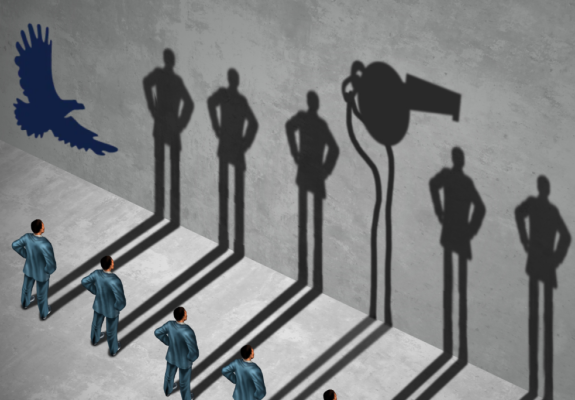Isolation, Paranoia, and Purpose: The Internal Struggles of the Wealthy
While Wealth Can Bring Unconventional Problems, Many Issues Faced by the Rich Are More Internal Than Commonly Perceived
While wealth can bring unconventional problems, many issues faced by the rich are more internal than commonly perceived.
According to therapists interviewed by CNBC, the ultra-wealthy often struggle with feelings of isolation, depression, and paranoia—emotions shared by many others.
"Most people can't understand how wealthy individuals can have problems. They dismiss the mental health concerns of the rich as insignificant and unimportant," clinical psychotherapist Paul Hokemeyer told CNBC.

A major issue affecting Hokemeyer's clients is chronic isolation.
"The ultra-wealthy often can't be sure if people like them for who they are or for what they have," said Drayson Mews, founder of a clinical practice.
"People generally see them as lucky and happy—they may be neither," stated Amanda Falkson, a psychotherapist specializing in wealth counseling at Psychotherapy City. She noted that they often deal with emotions such as sadness, trauma, loss, and difficult relationships, "in addition to pressure over how to spend money and whom to trust."
"Wealth can be quite isolating ... sometimes all eyes are on you to see what you do with your money," she said, noting that some clients "face pressure about how they hope to be remembered and where the money should go—whether investments, charity, or creating a legacy."
"Wealth can make people around the ultra-wealthy see them as objects," Hokemeyer observed.
"The rich tend to have higher social status, and those in lower power positions are often attracted to them. The latter may see the rich as a way to move into more powerful positions," he explained.
Hokemeyer shared that his clients are often "bombarded" by an endless stream of requests.
"Their relationships are defined by what they can offer others, not by who they are as individuals," he added. Consequently, the ultra-wealthy tend to become more suspicious of others' motives.
There is also a difference between those who earned their wealth and those who inherited it or suddenly acquired a large sum.
"People who became wealthy through their own achievements have what is known as a 'strong internal locus of control,'" Hokemeyer said. "They feel responsible for their life's direction and are confident in their ability to regain wealth if they lose it."
"Conversely, those who suddenly acquire wealth—whether through inheritance or selling a business—may struggle to adjust to their new purchasing power, status, and conditions," he added. "They are also less confident in handling and maintaining their wealth."
The sudden influx of wealth can often lead to existential identity challenges and strains on relationships, Falkson noted.
"When there is no need to work, where do you derive your sense of meaning, purpose, and structure? Do you become a walking dollar sign? Where do I fit socially now that I am no longer part of my old world?" she said, expressing some of her clients' concerns.
"Wealth doesn't exempt us from our human needs. Finding meaning and purpose in life are very significant needs."






